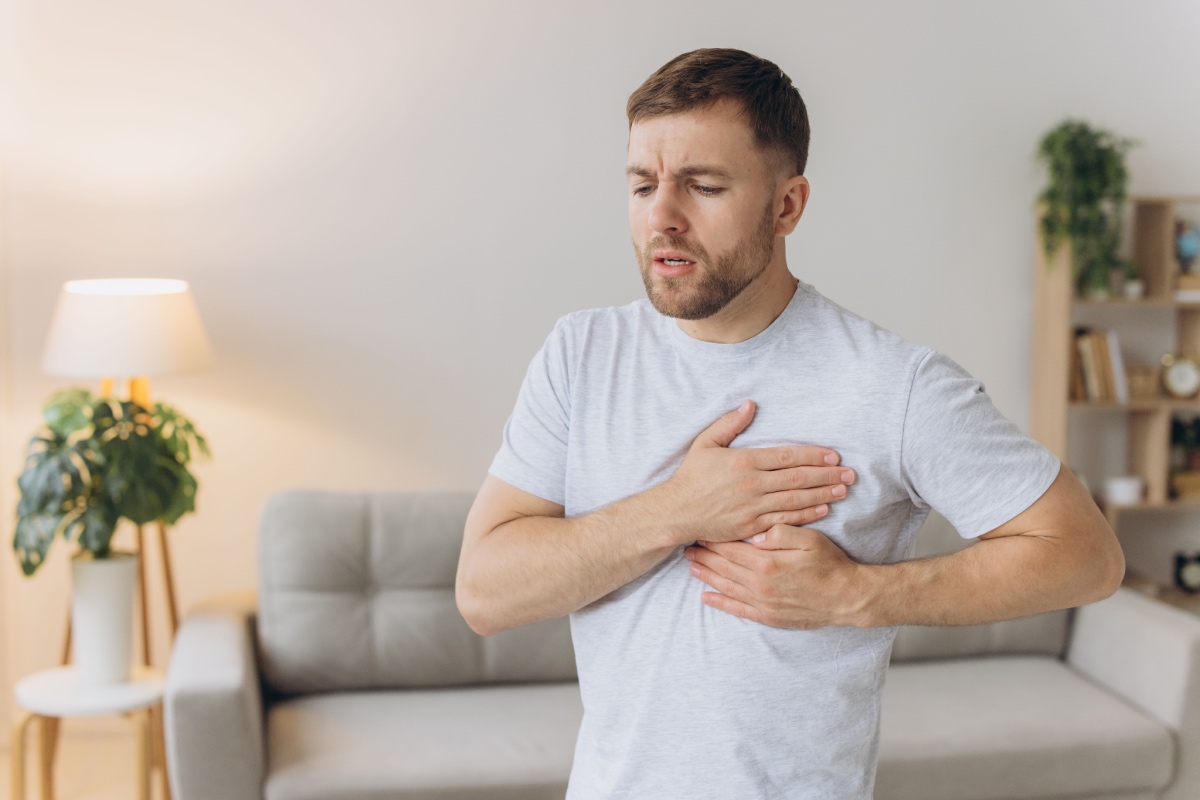Stroke survivors face numerous challenges on their road to recovery, and one of the most daunting obstacles can be the persistent pain that often follows this life-altering event. This post-stroke pain, experienced by up to 70% of survivors, can manifest in various forms and intensities, significantly affecting quality of life and hindering rehabilitation efforts.
As medical professionals and researchers continue to unravel the complexities of stroke-related pain, it becomes increasingly clear that a multifaceted approach to physical therapy in Las Vegas is necessary to address this pervasive issue. Contacting experts like us at Advanced Manual Therapy Institute will significantly help speed up this process, ensuring you’re back to your old self in no time.
Understanding and managing post-stroke pain is crucial for the physical well-being of survivors and their emotional and psychological recovery. The journey to finding relief can be as unique as each individual’s stroke experience, requiring a combination of medical interventions, therapeutic approaches, and lifestyle adjustments.
Understanding Post-Stroke Pain
Before delving into pain management strategies, it’s essential to understand the types of pain stroke survivors may experience. Post-stroke pain falls into these two broad categories:
Central post-stroke pain (CPSP) – A neurological condition resulting from damage to the central nervous system
Peripheral pain – Pain arising from muscles, joints, or other bodily tissues affected by the stroke
Managing Pain Post-Stroke
Recognizing the specific type of pain is crucial for determining the most effective treatment approach. Here are some tried and tested methods that help with pain after a stroke:
1. Pharmacological Interventions
Medication often plays a significant role in managing post-stroke pain. Some standard pharmacological options include:
Analgesics – Over-the-counter pain relievers like acetaminophen or prescription opioids for severe pain.
Antidepressants – Certain antidepressants can help with neuropathic pain.
Anticonvulsants – Drugs typically used for seizures can also address nerve pain.
Muscle relaxants – These can help with spasticity-related pain.
Working closely with a healthcare provider to find the proper medication and dosage is essential, as individual responses can vary.
2. Physical Therapy and Rehabilitation
Physical therapy is a cornerstone of stroke recovery and pain management. Key aspects include:
Range of motion exercises – To prevent joint stiffness and muscle contractures
Strength training – To rebuild muscle strength and improve mobility
Balance and coordination exercises – To reduce the risk of falls and associated pain
Gait training improves walking patterns and reduces strain on joints and muscles
Consistent participation in physical therapy can significantly reduce pain and improve overall function.
3. Occupational Therapy
Occupational therapy in Las Vegas focuses on helping stroke survivors perform daily activities with less pain and greater independence. This may involve:
Adaptive techniques – Learning new ways to perform tasks to minimize pain
Assistive devices – Utilizing tools designed to reduce strain during daily activities
Environmental modifications – Adjusting the home or workplace to promote comfort and safety
4. Mind-Body Techniques
The mind plays a decisive role in pain perception. Several mind-body techniques can be beneficial:
Meditation and mindfulness help reduce stress and alter pain perception
Biofeedback – Teaching patients to control specific bodily processes to reduce pain
Relaxation techniques – Deep breathing, progressive muscle relaxation, and guided imagery can help manage pain and reduce tension
These practices address pain directly and help in managing the emotional and psychological impacts of chronic pain.
5. Lifestyle Modifications
Making specific lifestyle changes can contribute to pain reduction:
Sleep hygiene – Ensuring adequate, quality sleep can help manage pain levels
Nutrition – A balanced diet rich in anti-inflammatory foods may help reduce pain
Stress management – Chronic stress can exacerbate pain, making stress-reduction techniques crucial
Regular exercise – Engaging in appropriate physical activity can improve overall well-being and pain tolerance
6. Transcutaneous Electrical Nerve Stimulation (TENS)
TENS therapy uses low-voltage electrical currents to stimulate nerves and reduce pain. This non-invasive technique can benefit localized pain and be administered at home with proper guidance.
7. Psychological Support
The emotional toll of chronic pain can be significant. Psychological interventions such as:
Cognitive-behavioral therapy (CBT) – Helps in changing pain-related thoughts and behaviors
Support groups – Connecting with others facing similar challenges can provide emotional relief and practical tips
Counseling – Individual therapy can address depression, anxiety, and other emotional impacts of chronic pain
Improve The Quality Of Your Life
The journey of managing pain after a stroke is often a winding path, requiring patience, persistence, and a willingness to explore various approaches. While the road to recovery may seem daunting, it’s important to remember that advancements in stroke care and pain management are continually evolving.
As research in neurology and pain management progresses, new Las Vegas physical therapy techniques and interventions are likely to emerge, offering even more hope for those struggling with post-stroke pain. The key lies in maintaining open communication with your healthcare team, being an active participant in your recovery, and never losing sight of the possibility of a more comfortable, fulfilling life beyond stroke.
For more information on our pain management therapies after a stroke, contact Advanced Manual Therapy Institute via this Online Form or call us at 702.896.0383, and we will get back to you shortly.

